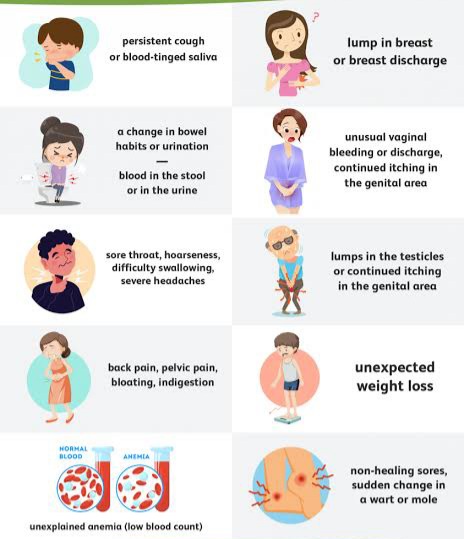A call has been made to both the federal and state governments to take urgent and immediate measures to combat tobacco use and excessive consumption of sugar-sweetened beverages (SSBs) and salt, as these factors contribute significantly to the alarming rise in cancer cases across the country.
In a statement by the Corporate Accountability and Public Participation Africa (CAPPA) issued on World Cancer Day themed “Close the Care Gap: Everyone Deserves Access to Cancer Care”, the organization emphasized that there had been a surge in cancer cases alongside communicable diseases in Nigeria.
According to CAPPA, the National Institute for Cancer Research and Treatment (NICRT) reveals 0ver 120,000 new cancer cases annually, with Nigerians spending an estimated N12 billion yearly on cancer treatment.
Tobacco use, a leading cause of cancer and related deaths, was singled out by the organization, stressing the association of SSB consumption with obesity-related cancers and the heightened risk of stomach cancer due to excessive salt intake.
CAPPA’s executive director, Akinbode Oluwafemi, stressed the need for comprehensive action, urging the government to address these risk factors, as he highlighted the importance of better monitoring and regulation of tobacco, SSBs and salt consumption.
“The government cannot tackle the rising cases of cancer without addressing the risk factors holistically,” Oluwafemi said, while also calling for the enforcement of tobacco control measures outlined in the National Tobacco Control Act, 2015, and the Nigeria Tobacco Control Regulations, 2009, including penalizing violators and prohibiting smoking depictions in movies.
For SSBs, CAPPA proposed an increment of the SSB tax from N10 to N50 in the 2024 Finance Act, emphasizing collaboration with the public health stakeholders to create a comprehensive legislative framework.
The organization also urged the government to accelerate the development of policy guidelines for salt reduction targets, including mandatory limits on salt content in processed and packaged foods.
Its Food and Policy Manager, Abayomi Sarumi, also noted the importance of legislation promoting a healthy consumption culture in a country where over 80% incur out-of-pocket health expenditure.


